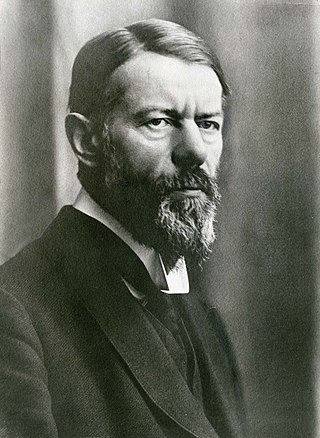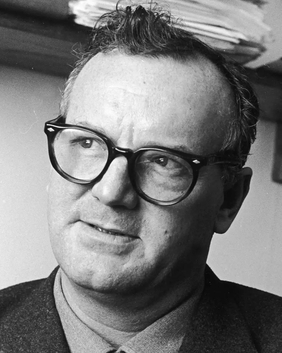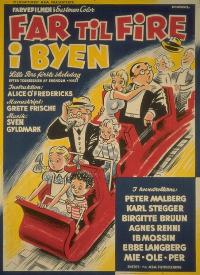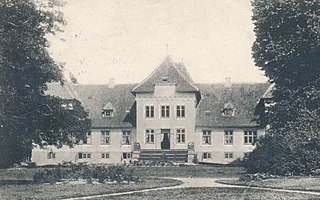Related Research Articles

Maximilian Carl Emil Weber was a German sociologist, historian, jurist, and political economist who was one of the central figures in the development of sociology and the social sciences more generally. His ideas continue to influence social theory and research.

Karl Mannheim was a Hungarian sociologist and a key figure in classical sociology as well as one of the founders of the sociology of knowledge. Mannheim is best known for his book Ideology and Utopia (1929/1936), in which he distinguishes between partial and total ideologies, the latter representing comprehensive worldviews distinctive to particular social groups, and also between ideologies that provide support for existing social arrangements, and utopias, which look to the future and propose a transformation of society.

Charles Wright Mills was an American sociologist, and a professor of sociology at Columbia University from 1946 until his death in 1962. Mills published widely in both popular and intellectual journals, and is remembered for several books, such as The Power Elite, White Collar: The American Middle Classes, and The Sociological Imagination. Mills was concerned with the responsibilities of intellectuals in post–World War II society, and he advocated public and political engagement over disinterested observation. One of Mills's biographers, Daniel Geary, writes that Mills's writings had a "particularly significant impact on New Left social movements of the 1960s era." It was Mills who popularized the term New Left in the U.S. in a 1960 open letter, "Letter to the New Left".
The Religion of China: Confucianism and Taoism is a book written by Max Weber, a German economist and sociologist. It was first published in German under the title Konfuzianismus und Taoismus in 1915 and an adapted version appeared in 1920. An English translation was published in 1951 and several editions have been released since.
Reinhard Bendix was a German-American sociologist.
The "Objectivity" of Knowledge in Social Science and Social Policy is a 1904 essay written by Max Weber, a German economist and sociologist, originalpublished in German in the 1904 issues of the Archiv für Sozialwissenschaft und Sozialforschung.
Verstehen, in the context of German philosophy and social sciences in general, has been used since the late 19th century – in English as in German – with the particular sense of the "interpretive or participatory" examination of social phenomena. The term is closely associated with the work of the German sociologist Max Weber, whose antipositivism established an alternative to prior sociological positivism and economic determinism, rooted in the analysis of social action. In anthropology, Verstehen has come to mean a systematic interpretive process in which an outside observer of a culture attempts to relate to it and understand others.

Ludvig Henrik Carl Herman Holstein, Greve til Holsteinborg, was a Danish politician, landowner and noble. He was Council President of Denmark from 28 May 1870 to 14 July 1874 .
Richard Swedberg is a Swedish sociologist. He is currently Professor Emeritus at the Department of Sociology at Cornell University.

Hans Joas is a German sociologist and social theorist.
Bruun is a surname of North Germanic origin. The meaning is brown. In Denmark, the name is known to have been in use since the 13th century in the form Bruun. Other spelling variants are Bruhn and Brun. Today, c. 0.1% of the population carries Bruun as their surname or middle name. The name is also in use in Norway, the Faroe Islands and the other Nordic countries.
The following events related to sociology occurred in the 1950s.

Father of Four in the City is a 1956 Danish family-comedy film directed by Alice O'Fredericks, and starring Karl Stegger, Birgitte Bruun and Peter Malberg.
Godske Christoffersen Lindenov or Lindenow was a Danish naval officer and Arctic explorer. He was a commander on one of King Christian IV's expeditions to Greenland.
Charisma is a personal quality of magnetic charm or appeal.

Skjoldenæsholm Castle is a manor house located 11 kilometres north-east of Ringsted, Denmark, standing on the west side of one of the many lakes which dominate the area. The Neoclassical main building, possibly by Philip de Lange, is now run as a hotel and conference centre while the grounds play host to both the Skjoldenæsholm Tram Museum and a golf course. The rest of the land is mostly forested.

Bonderup, also known as Bonderupgård, is a manor house located 16 kilometres (9.9 mi) south of Holbæk, Denmark. Nonderup and nearby Merløsegaard were purchased by the merchant Johannes Theodorus Suhr in 1852 and is now owned by the Suhr Family Trust. Bånderup and Merløse have a combined area of 1m310 hectares.
Hans Walter Gruhle was a German psychiatrist known for his work on the relationship between criminology and psychology.

Falkensteen is a manor house located five kilometres south of Slagelse, Denmark. The current Neoclassical main building was built for Georg Frederik Ditlev Koës in 1775. It was listed on the Danish registry of protected buildings and places in 1950. A half-timbered barn from 1864 is also listed.
Jonas Bruun was a Danish supreme court attorney. Bruun was made a partner in his father's law firm in 1940 and continued it alone under his own name from 1944. The law firm Jonas Bruun was based at Bredgade 38 in Copenhagen. It merged with Hjejle Gersted Mogensen under the name Bruun & Hjejle in 2009.
References
- ↑ Werner, Hans (1968) Slægten Bruun fra Assens: Hans Rasmussen Bruuns danske efterslægt. Nyt Nordisk Forlag Arnold Busck
- ↑ Bruun, Hans Henrik (2007) Science, values, and politics in Max Weber's methodology. Aldershot, Ashgate, 298 pp. Series: Rethinking classical sociology